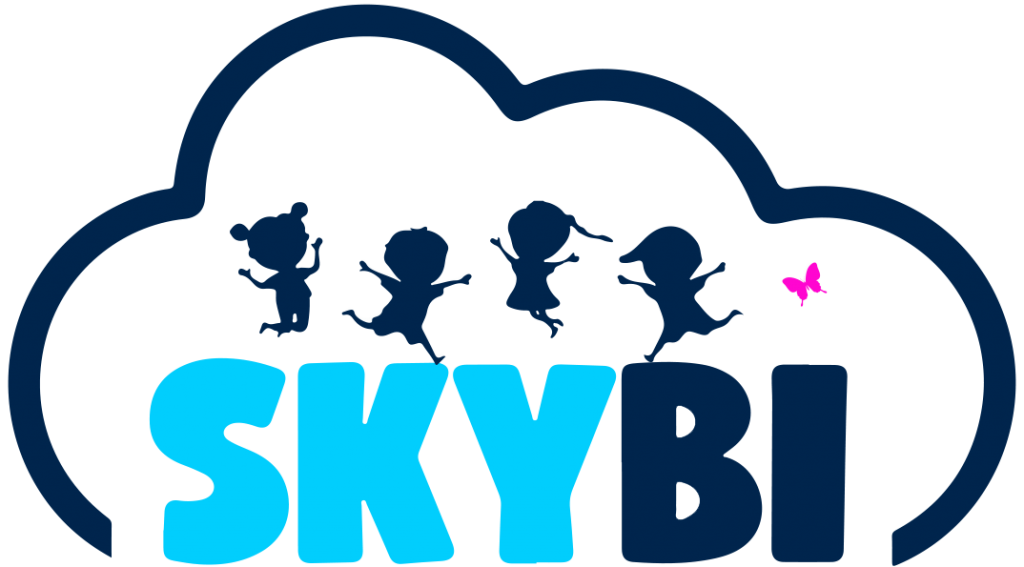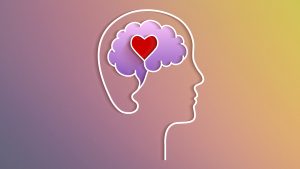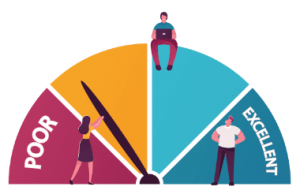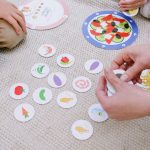13-9, 2 Rio Tower, Persiaran Rio, Bandar Puteri, 47100 Puchong, Selangor, Malaysia.
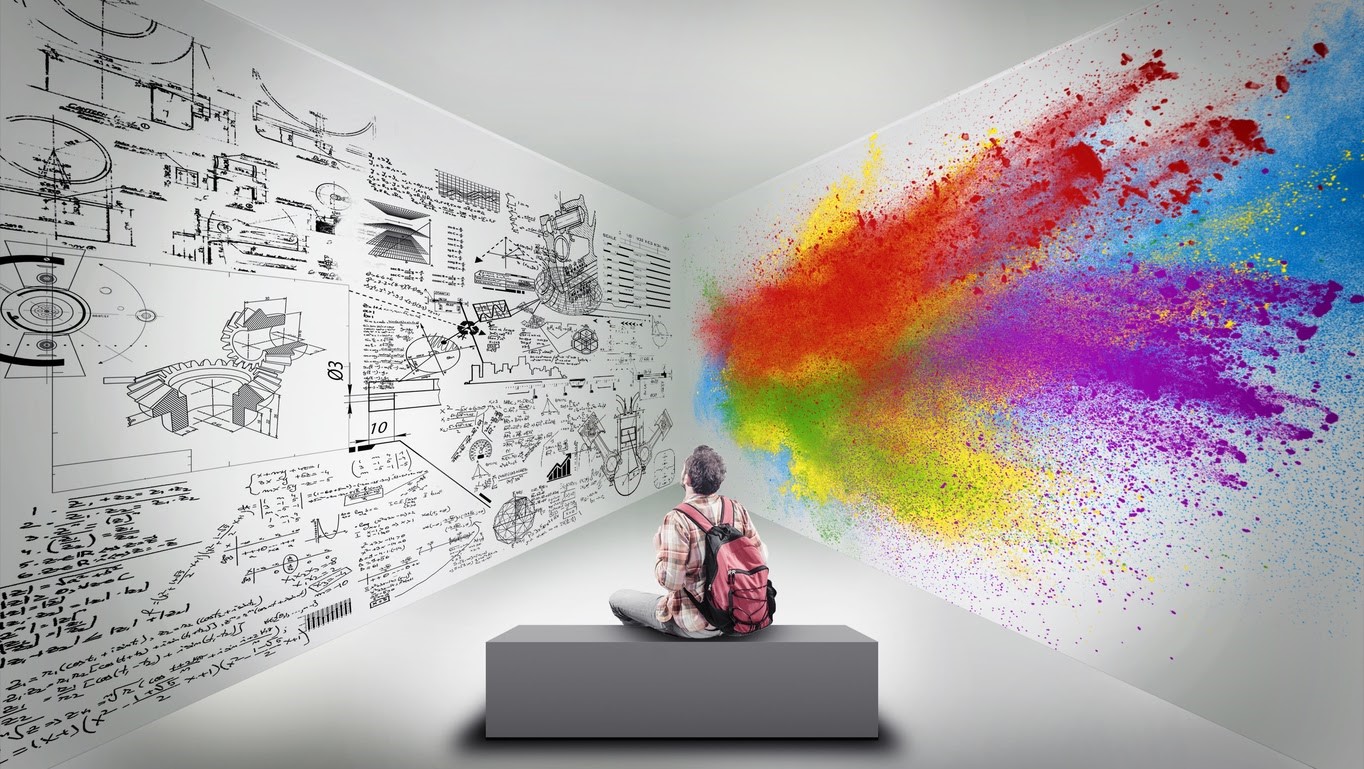
Arts Stream and Mental Health: The Neglected in Malaysian Culture
Creator: ALLVISIONN
Credit: Getty Images/iStockphoto
On October 10 1992, the World Federation for Mental Health (WFMH) initiated World Mental Health Day with the support of the World Health Organisation (WHO). The day is celebrated annually to bring awareness on mental health at a global level. For this year’s theme, WFMH president Dr Ingrid Daniels announced it to be ‘Mental Health in an Unequal World’[1].
An unequal world encompasses many factors, and one of them includes the prejudice faced by Malaysians in the Arts stream, and how this can affect their life choices and overall mental health. Thinking back during high school, after getting their PMR results, a time before PT3 examinations were introduced and cancelled this year[2], students were asked to choose between the Science and Arts streams. Parents and teachers alike would encourage students to excel and go for Science stream in hopes of attaining top classes. Coming from a Chinese national school background and returning to gain experience as a school counselor intern, I still see the hierarchical class structure, in which students in top classes are usually perceived to opt for Science stream, are viewed as better behaved and expected to excel in their studies. STEM subjects were also viewed as “difficult” and “exclusively for the brilliant students”[3]. The push for students to aim for STEM subjects was also due to the expectation of STEM careers having higher paying jobs. However, students from the bottom classes tend to have lower grades, carry the stigma of being troublemakers and would settle for Arts stream. Arts subjects were viewed as “easy” or leading towards jobs with unstable income like freelance or gigs[4], and this forms a stereotype that those pursuing art careers will not be able to earn enough money and support their families[5]. There was also the misperception that students entering Arts stream would not be able to change to Science degrees in future, while Science stream students have more option and flexibility to switch to Arts, instilling fear of a dead-end career in the Arts. This stereotype of top students being in Science while their underperforming counterparts end up in Arts leaves stigma and prejudice, feelings of inferiority, unfair expectations and unlevel fields for students who actually have passion in the Arts, or those who struggled in their studies but still would like to study Science.
The divide between science and arts leaves an unequal world, and this climate can affect our mental health negatively. The lack of support for the Arts in Malaysia becomes a ripple effect, not only in career choices, human capital resources and stigma among Malaysians, but also in self-expression, creativity, innovation, critical thinking, social engagement, all of which are important for one’s cognitive development[6]. As a Science stream graduate, even as I am writing this article, my brain is struggling to break the academic mold of the APA format and write more creative, relatable content. While the ministry has abolished the Science and Arts streams and introduced a package system in which students can choose which set of electives when starting Form 4[7], parents felt that there was not much difference[8], while the students were not properly schooled about the new system[9]. When students do not have acceptance, adequate guidance or understanding of their passion and career options, this leaves students feeling lost and worried about their career paths, or forced to take subjects for the sake of pleasing their parents and getting high income jobs. The pressure to perform well in their studies and possibly give up on their passion for Arts can affect their self-esteem and happiness, which in turn affect their motivation in their studies[10]. The effect on their motivation and future paths can inadvertently have them question their meaning and purpose in life[11]. This can lead to many mental health issues like depression, anxiety, even suicide for these adolescents. This issue needs to be addressed urgently as the number of suicide cases rose in Malaysia during the pandemic, from 51 cases a month in 2019 to 94 cases a month in the first 5 months of 2021, and 51 percent of the cases were made up of adolescents at the age of 15 to 18 years old[12], the crucial ages in which Malaysian students prepare for the national exams that will determine their future careers and livelihoods. It pains me when I see my students crying or feeling numb over the pressure and uncertainty of their futures.
To the parents who would like to encourage their child’s endeavours in the arts, but are worried about their future prospects – especially when COVID-19 has left many feeling more uncertain – or are unable to migrate overseas or afford more opportunities in their child’s development, what can you do?
- Start from home
As they say, everything starts from home. In order to create opportunities for discussion on your child’s studies and career choice, emotional safety needs to be ensured. Having emotional safety means feeling safe enough to express vulnerability. Emotional safety requires listening with non judgement, empathy, validation, collaboration and a gentle approach. It also requires the listener (in this case, you, the parent) to check in with their own emotions to make sure both parties feel safe and calm to discuss. When your child feels safe enough to talk about their needs, both parent and child can work together in coming up with better decisions for their future and growth. Feeling safe and validated can also build a better bond between parent and child.
- Address the guilt and shame surrounding arts
Remember how listeners need to check in with themselves? Growing up, parents may have their own prejudices about arts (ie. students in arts are lazy, they won’t make it in life, etc.). Maybe they were also shamed by their own parents for having interest in Arts in the past and were brought up to prioritise survival for the family. Malaysians tend to use guilt and shame in order to maintain the status quo of society and “save face”[13]. While Asian cultures are built from resilience and self-restraint through guilt and shame, the constant criticism and controlling behaviour from these methods can silence your child, have them feeling defensive and unheard, and leave them with negative perceptions of themselves and others[14]. These can worsen relationships and exacerbate mental health issues. Intergenerational trauma happens when parents repeat and project the same harmful behaviours they faced from their own childhood onto their children, but it is never too late to break the cycle. To move forward and have a non-judgement discussion, we need to face our prejudices head on, find out where we learn them from, and debunk them with information and facts. Overcoming this mental barrier and personal triggers, and having updated information can help build empathy and open up career options for your child to meet their learning needs.
- Explore more options
When your child opens up and brings concerns on their career choice, you can first get to know their interests and capabilities. Rather than fitting them in your expectations or society’s definition of success, it is important to understand the school curriculum and recognise their unique strengths and weaknesses so that they are matched with better opportunities. Building and validating their strengths can help them feel good and hopeful about themselves. You can read about the new Form 4 subject packages here. Even if your child has a change of heart from Arts, it is still possible for them to sign up for Science degrees (see here and here for further advice). Arts subjects are not solely tied to visual arts, and they are certainly not “easy”, given how competitive and specialised the field can be. They include tough but necessary subjects like accounting, education, IT, business and architecture. While art jobs like fashion designer, illustrator, translator and photographer can be freelance and project-based, working under and collaborating with institutions can bring network and skills necessary for more job opportunities in the industry[15]. As the saying goes, “Everybody is a genius. But if you judge a fish by its ability to climb a tree, it will live its whole life believing that it is stupid.”
- Connect with community
Sometimes, you might not know where to look for information regarding your child’s career interest, college choice or art community with relevant job opportunities and grant applications. You can ask around friends and family, and see if any have experience or connection to the relevant industry. Try searching up local communities that share similar interests – like hobby groups, social media, clubs and societies, workshops, or classes – and are in the know of the current job climate. Helping your child connect with the community not only builds their network, skills and experiences, but also increases their sense of belonging within the community. The belongingness and community support can help foster their purpose and meaning in the bigger picture of life. Community support also means recognition of the value Arts careers can bring, better awareness, education and policies on protection from exploitation on Arts careers[16] (eg. “paid in exposure” instead of valuing their work and pay the amount in cash[17]).
You can also contact your child’s school counselor, as they usually have information on suitable college programs and arrange career fairs for the school. Once you have compiled these information, you can present these as suggestions for your child. Emotional safety also means giving your child autonomy and agency, rather than controlling their choices. In the end, it is your child’s career, and they have more say on the matter than anyone.
- Go for counseling
If you are not sure where to start, or have trouble communicating with your child, you can opt for counseling. In counseling, safe spaces are provided for you to explore yourself, your relationship with others and your potential. Creative modes like art, play and music therapy are also utilised to gain better clarity of your subconscious, depending on availability and licensure of such modes. A wide range of issues like career, relationships, parenting and stress management can be explored and counseling is not necessarily only for the mentally ill. Skybi provides Mental Health Community Service, an outreach program in which supervised trainees offer free online counseling at the comfort of your private space. The sign-up link is https://tinyurl.com/a3xy94af
[1]https://wfmh.global/2021-world-mental-health-global-awareness-campaign-world-mental-health-day-theme/
[2]https://www.freemalaysiatoday.com/category/nation/2021/04/28/upsr-gone-for-good-pt3-cancelled-this-year/
[3] https://www.nst.com.my/news/2015/09/losing-battle-science-vs-arts
[4]https://eduadvisor.my/articles/annoying-but-common-misconceptions-arts-stream-students-face-in-secondary-school/
[5] https://www.dailyuw.com/opinion/article_b47d2904-de99-11e5-9eeb-4f9e4904920a.html
[6] https://myermovement.medium.com/arts-in-education-588974c4bcab
[7] https://www.thestar.com.my/news/nation/2019/11/27/science-or-arts-new-system-ends-debate
[8] https://www.thestar.com.my/news/nation/2019/11/27/theres-nothing-new-in-new-system-say-parents
[9] https://www.thestar.com.my/news/nation/2019/11/27/students-not-schooled-over-package-system
[10] https://journals.sagepub.com/doi/abs/10.1177/00332941211005124
[11]https://www.researchgate.net/profile/Zhooriyati-Sehu-Mohamad/publication/352881953_Meaning_In_Life_Of_Malaysian_Adolescents_A_Qualitative_Study/links/60ddd1cba6fdccb745fb9090/Meaning-In-Life-Of-Malaysian-Adolescents-A-Qualitative-Study.pdf
[12] https://www.unicef.org/malaysia/press-releases/statement-deaths-suicide-among-children
[13] https://culturalatlas.sbs.com.au/malaysian-culture/malaysian-culture-core-concepts
[14] https://www.healthline.com/health/mental-health/toxic-shame#causes
[15] https://www.topuniversities.com/student-info/careers-advice/what-can-you-do-art-degree
[16]https://www.malaymail.com/news/what-you-think/2020/05/19/fixing-arts-and-culture-2020-ramli-ibrahim/1867773
[17] https://medium.com/s/story/stop-trying-to-pay-freelancers-in-exposure-e7226f7ca7ba
